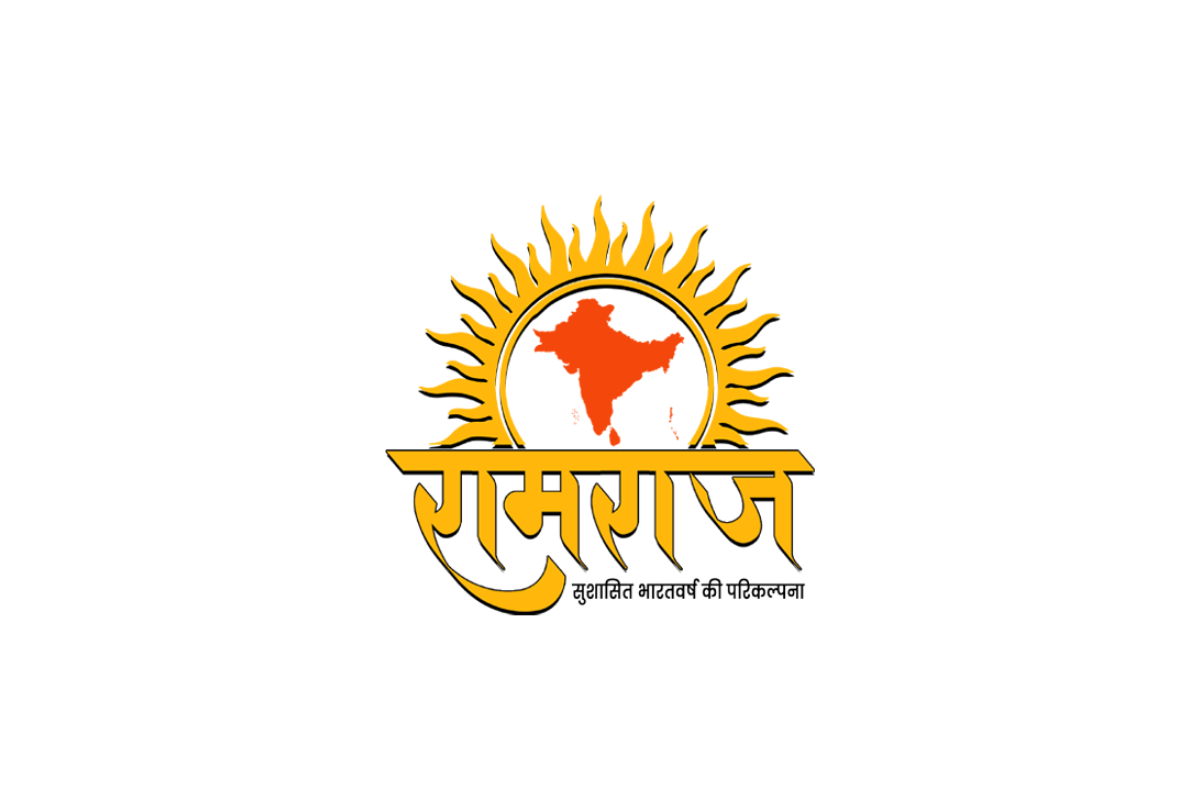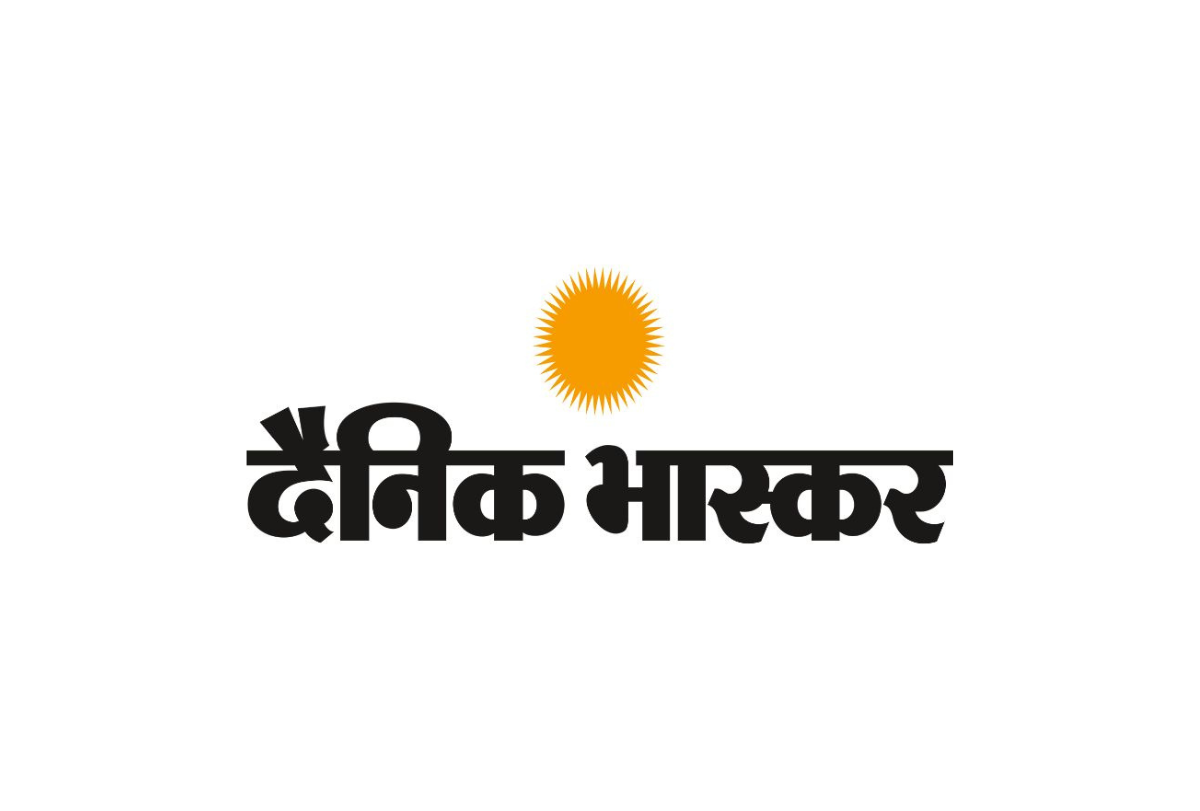Seema Bhaskaran, Lead-Gender, Transform Rural India emphasises that in India, where discussions on sexuality and even basic bodily functions such as urination and defecation are shrouded in secrecy and taboos, adolescents, young women, and men lack a space to access information and knowledge about sexuality, reproductive health, and contraception options
A capacity-building initiative to establish the gender resource centre in Madhya Pradesh, brought up some interesting facts recently. It was found that community resource persons could successfully address issues such as domestic violence and human trafficking within rural communities but encountered difficulty when it came to engaging women to discuss family planning and contraception.
Despite the positive impact of ASHA workers and programs like Janani Janma Suraksha in enhancing reproductive health services, women’s decision-making power regarding their bodies and fertility remained constrained within the patriarchal family structure. The community resource persons also found that women in a particular area often sought medical care at facilities known for sex-selective abortions. The pressure to have sons often grows as economic prosperity and social status increase. Men tend to take charge of contraception and family planning decisions, diminishing women’s autonomy over their bodies.






